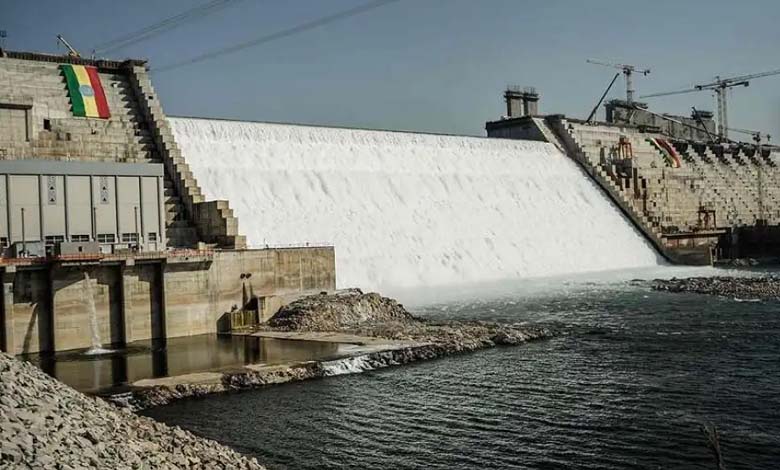Grand Ethiopian Renaissance Dam: New Earthquakes and Serious Geological Warnings

After Ethiopia experienced three earthquakes within 24 hours, concerns have intensified over the impacts of this increasing seismic activity on the Grand Ethiopian Renaissance Dam, prompting experts to warn that the dam could be nearing a critical stage.
-
In a Geological First… Iraq Records 18 Earthquakes in One Month
-
Two earthquakes hit Iran in less than 24 hours
Dr. Abbas Sharaki, a professor of geology and water resources at Cairo University, stated that a 4.7-magnitude earthquake struck Ethiopia on Sunday, approximately 570 kilometers from the dam and 400 kilometers from the eastern border of the lake.
Sharaki explained that this earthquake marks the third in a single day, following two tremors recorded the previous night in the Ethiopian Rift region, where three small tectonic plates intersect.
-
After a 5.9-magnitude earthquake, Japan warns of tsunami risk on its remote islands
-
With fierce winds, Hurricane “Francine” strikes the US state of Louisiana
Sharaki also noted that Ethiopia has recently seen higher-than-expected seismic activity, with this being the sixteenth earthquake in the past five weeks and the thirty-first this year, with tremors generally ranging between 4 and 5 in magnitude.
He recalled that last year the country recorded 38 earthquakes, the strongest of which had a magnitude of 5.6, raising concerns about the continuity and escalation of this seismic activity.
Sharaki warned that the recent earthquakes could have serious repercussions if they continue and intensify, drawing closer to the dam. He mentioned the “specter of collapse” that could threaten the Grand Ethiopian Renaissance Dam should seismic activity worsen.
He emphasized the need for close monitoring of the dam and the lake, which spans over 200 kilometers, warning that continued seismic activity could place the dam in a “danger phase.”
-
6.9-Magnitude Earthquake Hits “Tonga” as Guterres Attends Regional Summit
-
5.0 Magnitude Earthquake Strikes Sichuan Province in China
These concerns come amid a political deadlock in the crisis over the Grand Ethiopian Renaissance Dam between Egypt and Ethiopia. Ethiopia remains firm in its stance on filling and operating the dam, disregarding Egypt and Sudan’s demands for a legally binding agreement.
The fourth and latest round of negotiations, held last year, failed to reach a solution regarding the rules for filling and operating the dam.
-
Turkey: 5.6 magnitude earthquake shakes Tokat region
-
House-shaking… 7-magnitude earthquake hits the China-Kyrgyzstan border
In this context, Cairo previously stated that it reserves the right to defend its water security under international agreements, should its water resources be endangered, which further complicates the crisis and increases the chances of escalation if the disagreement continues.












